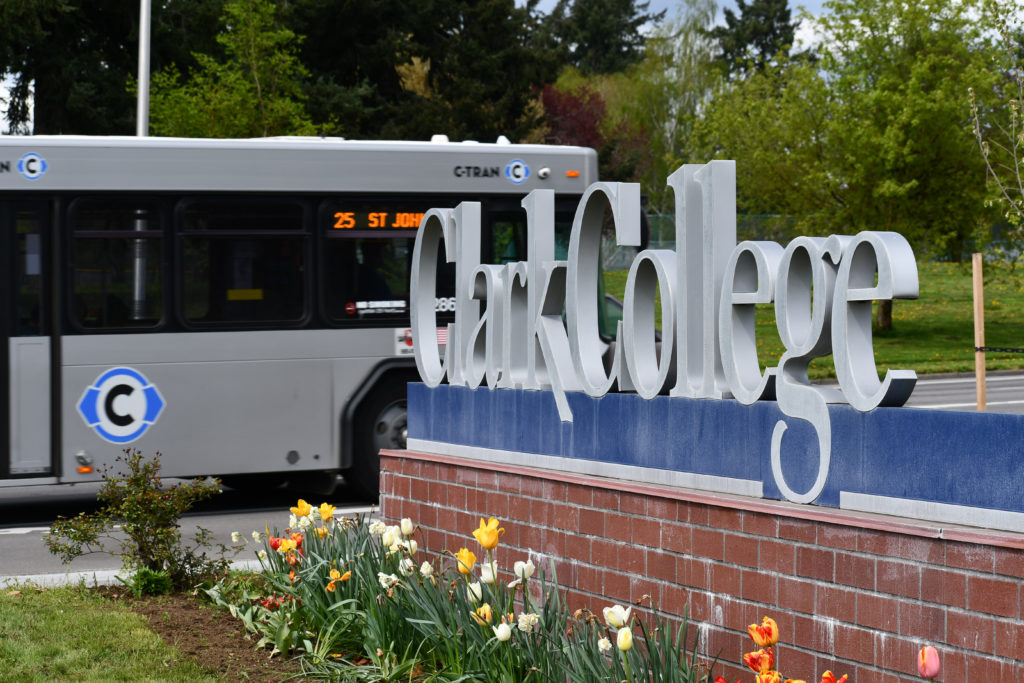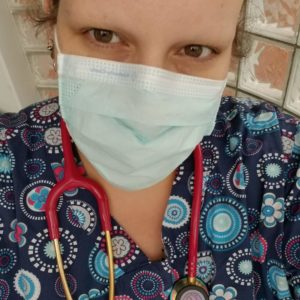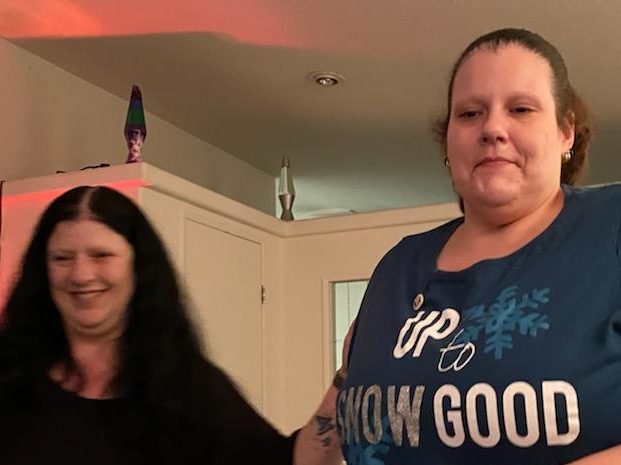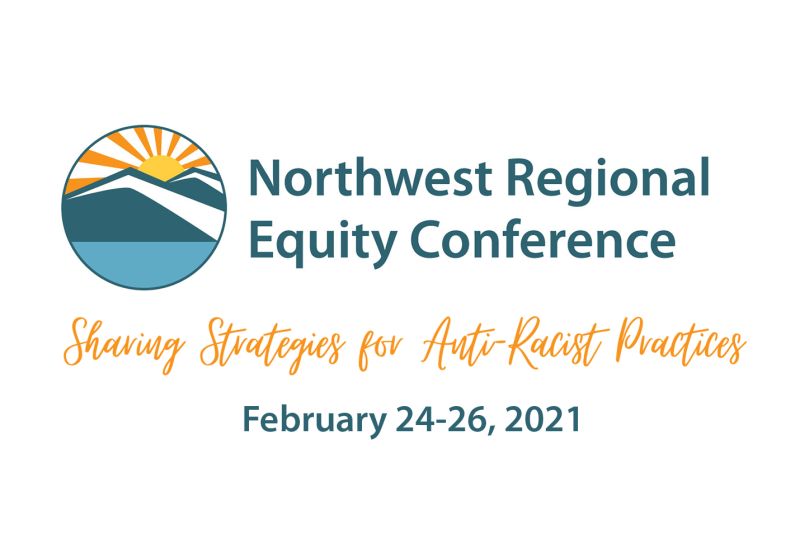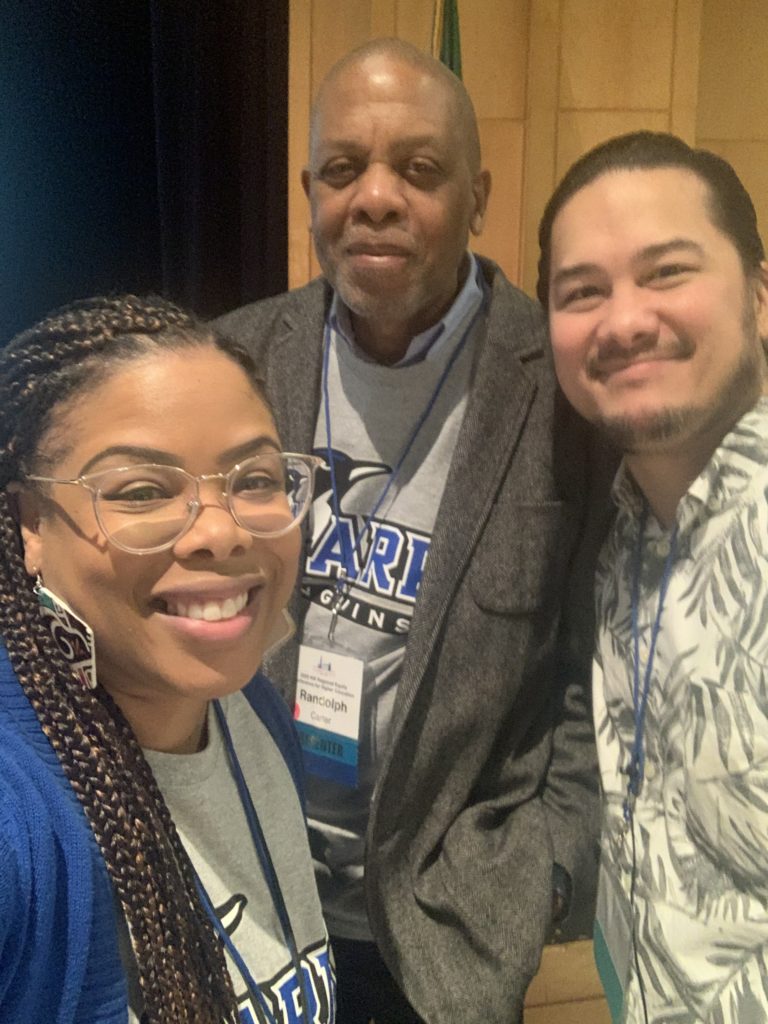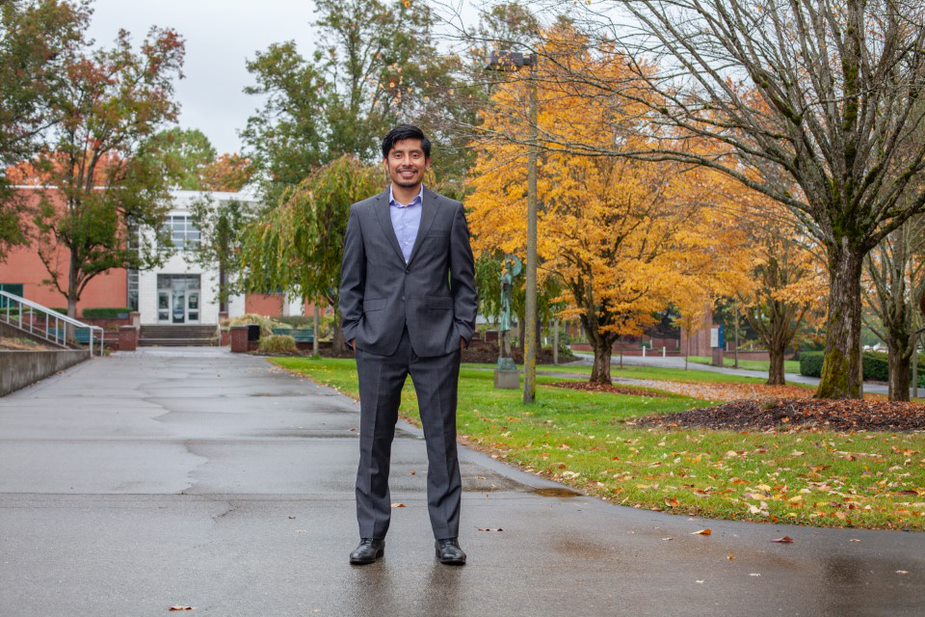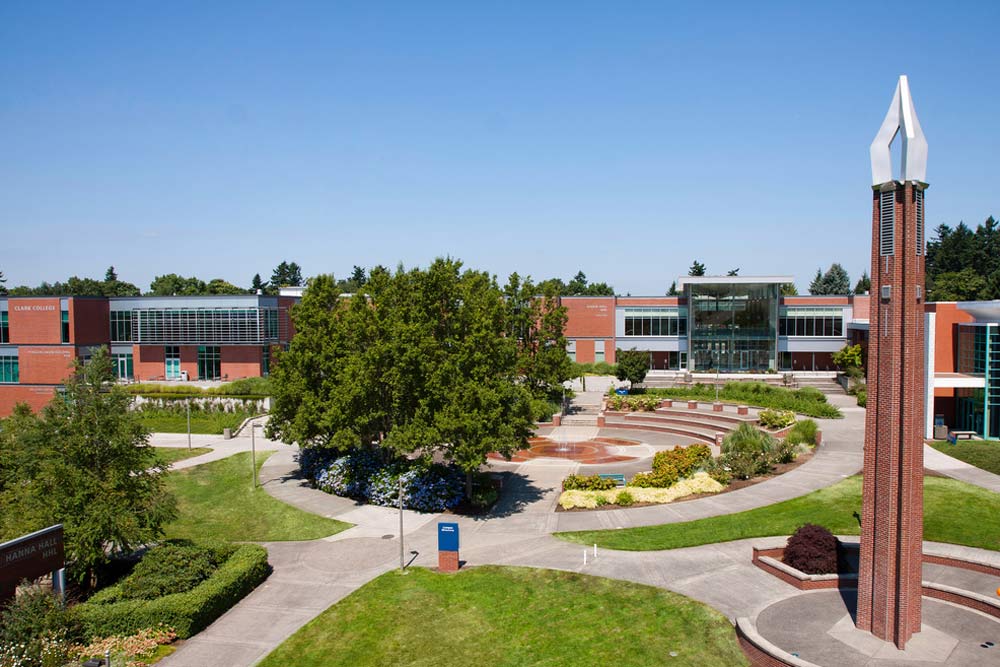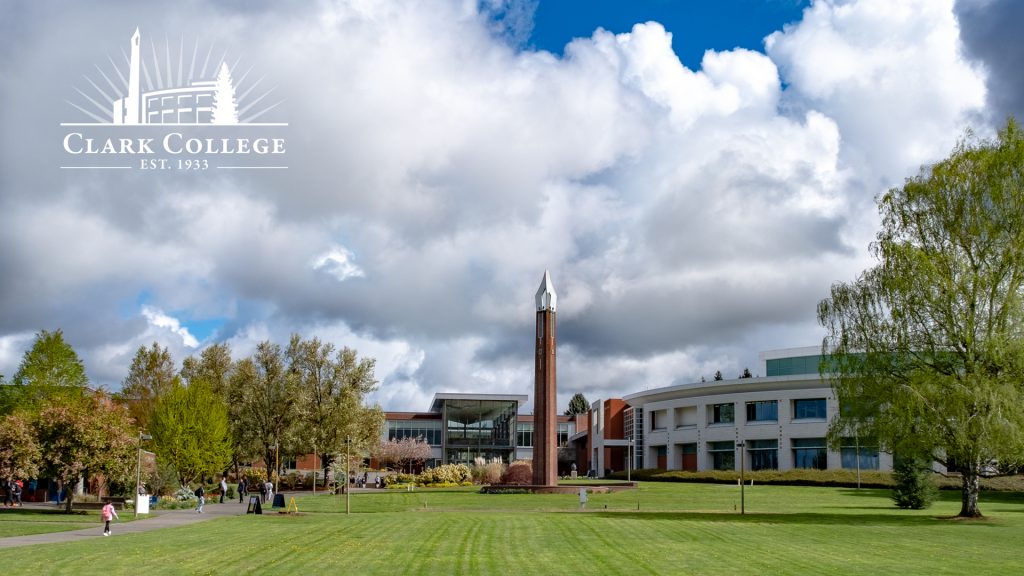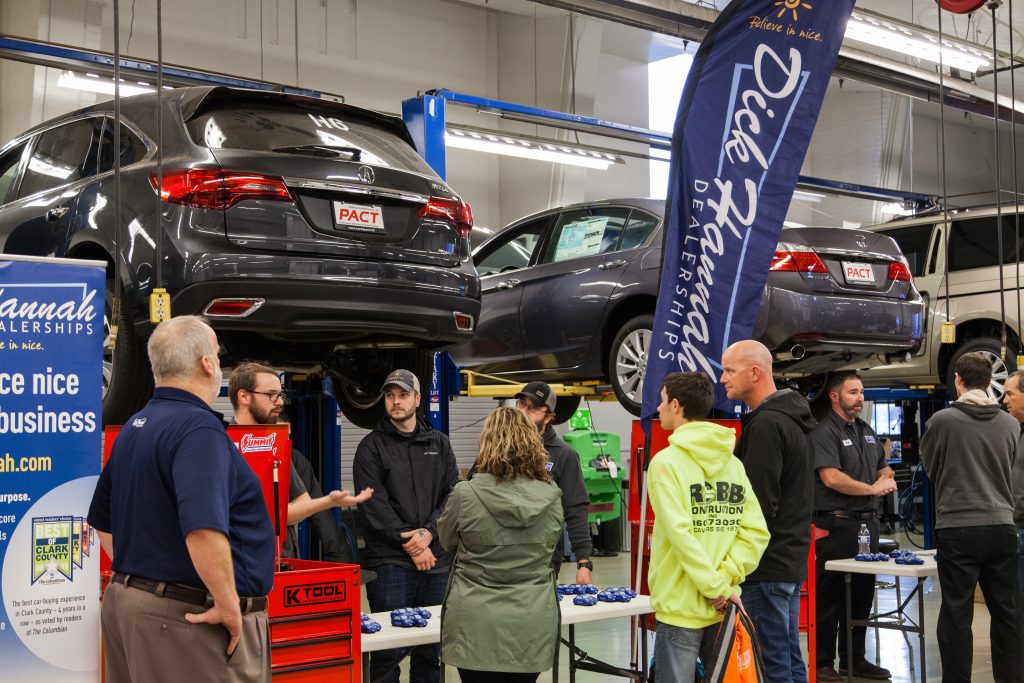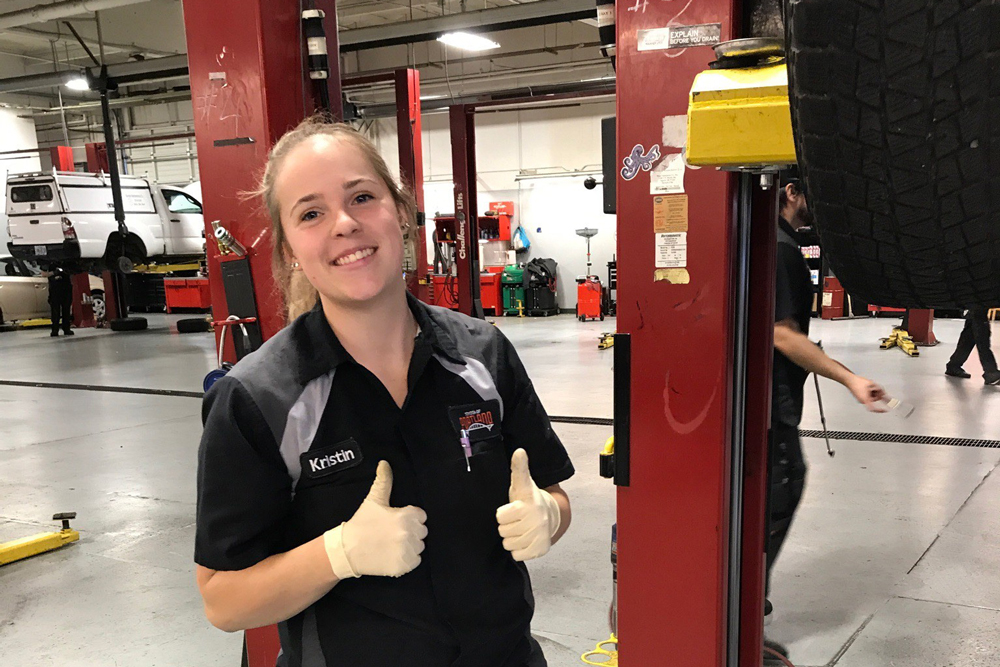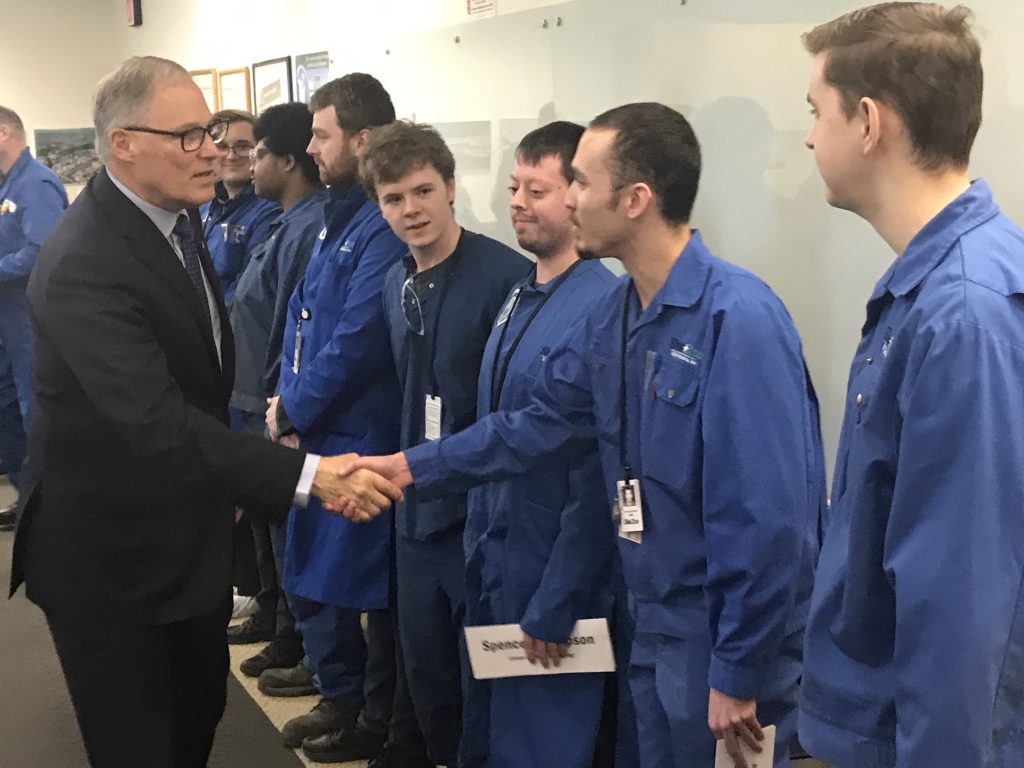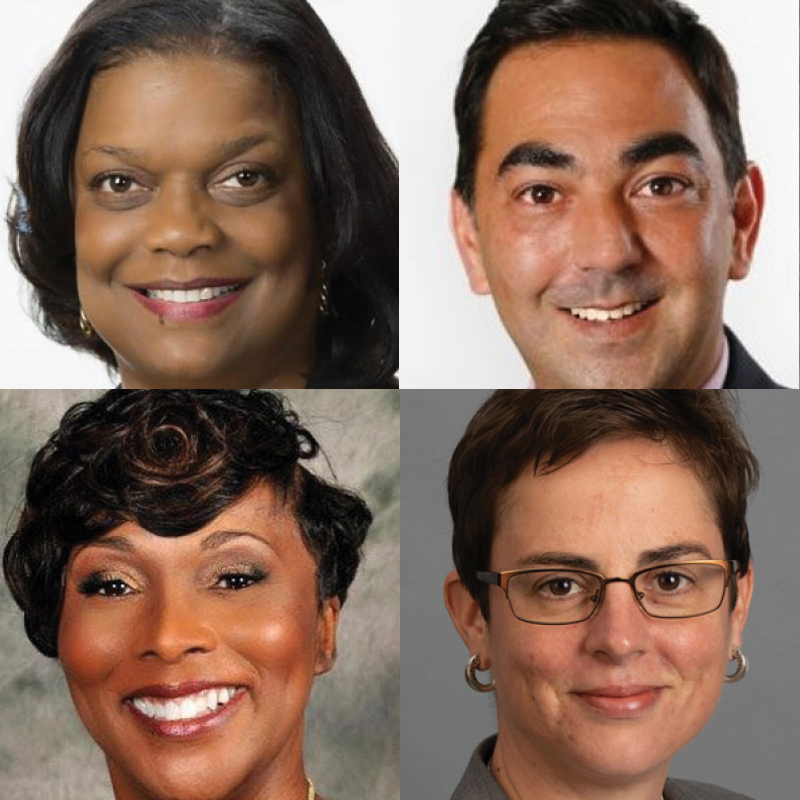New welding partnership with Vigor
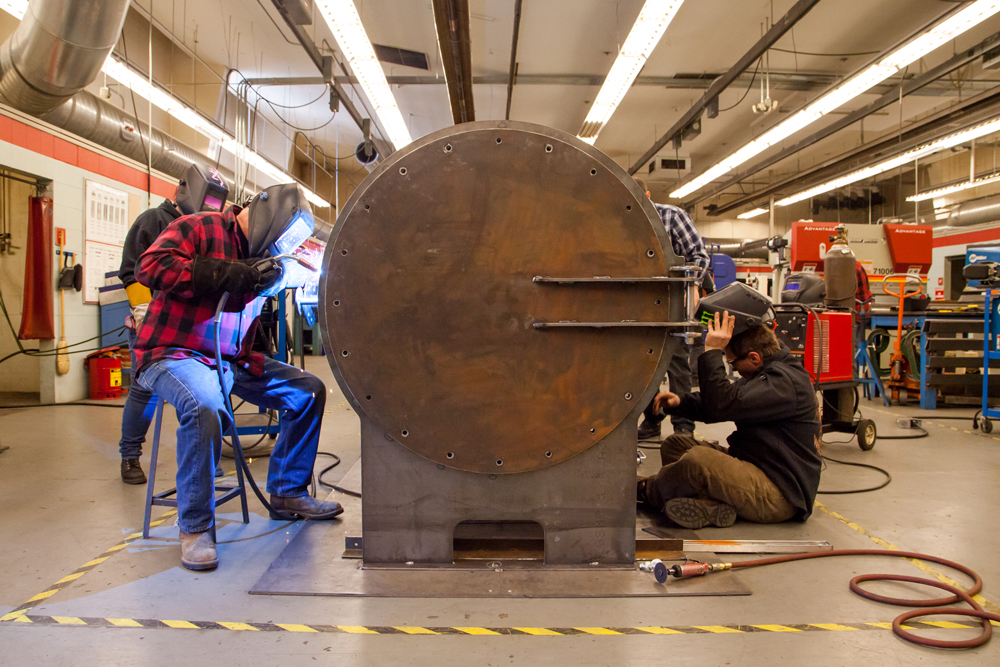
Clark College has begun a new partnership with industrial business Vigor to provide specialized training for current Vigor employees. Clark College Welding faculty have created a six-credit Marine and Pipe Welding course starting in the summer 2021 term.
Instruction will be delivered in a hybrid format (on-line lectures and in-person labs) to 10 employees for one term. The signed memorandum of agreement (MOA) is the result of numerous conversations between the college and the company on how best to partner to give employees access to specialized training that will help them advance in their careers and fill a critical need in the ship-repair industry.
Caleb White, who heads Clark College’s Welding and Fabrication Technology program, met with Vigor leaders and then invited them to campus pre-COVID to observe Clark’s welding lab.
White said, “We are excited to work with Vigor as we better understand their specific needs and they can see our capabilities and our applications in working with pressure vessels. We were able to demonstrate that our faculty have the expertise and knowledge to design and facilitate the training that Vigor was seeking to enhance the skillset of their welders. Vigor benefits, Clark College benefits and most importantly our students benefit from the partnership.”
“Vigor is excited to partner with Clark College to train the next generation of welders,” said Hilary Pickerel, Workforce Development Manager at Vigor. “This program will be a great opportunity for current Vigor employees to pursue a career in welding and family wage jobs at places like Vigor. Development opportunities like this are core to Vigor’s Evolution value, which drives our employees to grow and master their skill sets.”
About Clark College
Founded in 1933, Clark College provides residents of Southwest Washington with affordable, high-quality academic and technical education. It is a public community college offering more than 100 degree and certificate programs, including bachelor’s and associate degrees; professional certificates; high school diplomas and GED preparation; and non-credit community and continuing education. Clark serves a wide range of students including high school students, displaced workers, veterans, parents, non-native English speakers, and mature learners. Approximately three-quarters of its students are in the first generation of their families to attend college.
About Vigor
Vigor is a values-driven, diversified industrial business operating in eight locations with 2,300 people in Oregon, Washington and Alaska. Built around a collection of powerful, unique assets and differentiated capabilities, Vigor excels at ship repair, specialized shipbuilding, and handling important, complex projects in support of energy generation, our nation’s infrastructure and national defense. With deep respect for people and the planet, Vigor strives to be a positive, regenerative force for good – environmentally, in the lives of its employees and in the community. Vigor … Industrial Evolution. For more information, visit vigor.net.
